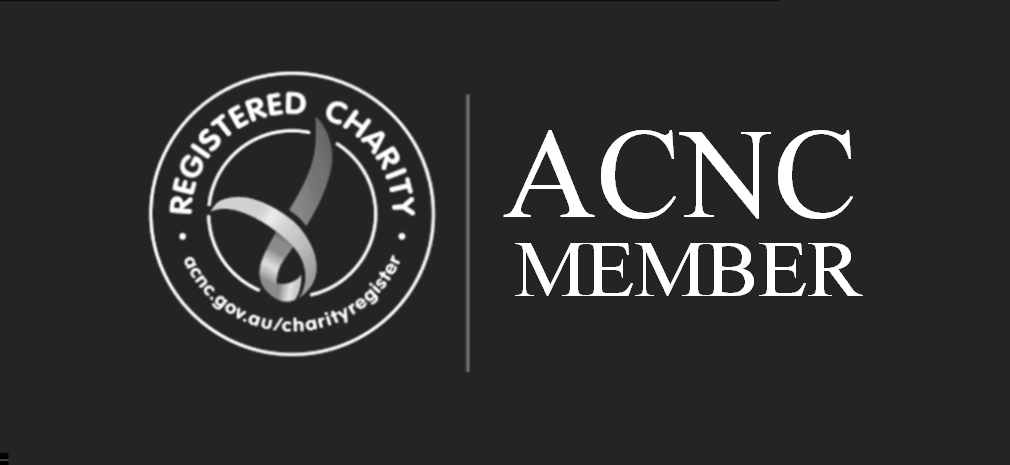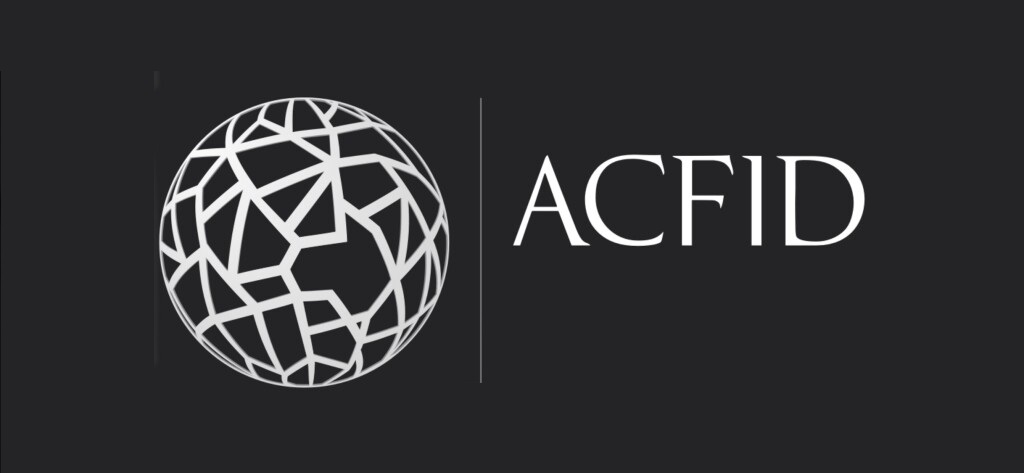.
DAISI supports to undertake humanitarian assistance principles of humanity, impartiality, independence and neutrality with the following policies in place to deal with Humanitarian Crisis:
.
POLICY
.
- DAISI will develop humanitarian response and disaster preparedness strategies that incorporate and reflect international humanitarian response standards
- DAISI will share information and knowledge with other stakeholders, and participate in joint planning and integrated activities wherever possible, including national and local authorities, without compromising humanitarian principles.
- DAISI will coordinate with and compliment the work of others already providing assistance wherever possible.
- DAISI is committed to promoting self governance in the countries it works with, where empowerment and promotion of leadership by local partners is the aim.
- DAISI recognises that effective humanitarian responses require collective action.
- DAISI is guided by s guided by The Core Humanitarian Standard on Quality and Accountability (CHS)
- When responding to humanitarian crisis, DAISI will apply the principles of humanity, impartiality, independence and neutrality as defined in the Core Humanitarian Standard on Quality and Accountability (CHS).
- Donations are based on the perceived need as expressed by the recipient and not distributed without prior consent
- Donated drugs must be on the list of essential drugs of the recipient country, or if no such list is available, the WHO Model List of Essential Drugs
- Donated drugs must comply with the quality standards of the recipient country and be authorised for use in that country
- All donated drugs should have a shelf-life of at least 12 months upon arrival in the recipient country
- Where crisis results in a shortage of supply, DAISI is committed to resourcing and supplying these when possible and practical.



